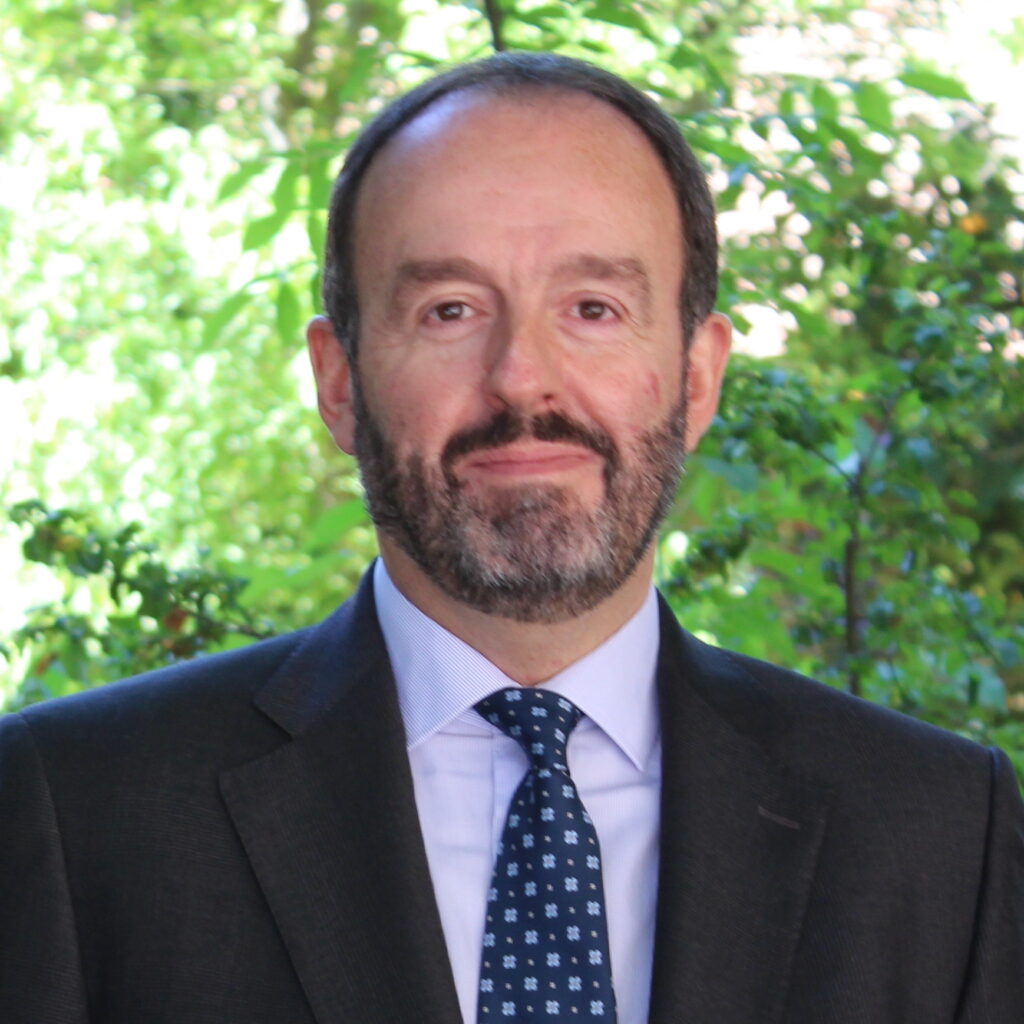AI, a present and future reality in the Spanish dairy sector
By Ignacio Elola
CEO Lactalis Group Iberia

The Spanish dairy sector has already begun to take advantage of the benefits of incorporating Artificial Intelligence (AI) throughout its value chain, in all its links. A remarkable progress considering that the nutritional richness of dairy foods is incomparable and that, in 2050, 9 billion people will inhabit the Earth and their right to sustainable and healthy food must be guaranteed.
And considering, on the other hand, that dairy is a strategic sector from the economic and social point of view: the chain of production, processing and marketing of the dairy sector (cattle, sheep and goats) has a turnover of around 13,000 million euros per year and generates more than 60,000 direct jobs. Of these figures, the dairy industries account for more than 9,500 million euros a year in turnover, 2% of the industrial production of the whole country and the generation of 30,000 jobs, 8.5% of the total employment of the agri-food sector in our country.
The incorporation of artificial intelligence into this key sector for guaranteeing such a basic right as the right to food and for the economy of many countries, including our own, is already becoming a reality in all links of the dairy chain, starting with the farms. But how is it developing? How are the possibilities and potential of artificial intelligence being adapted to environments as different as cow farms or milk, cheese, yogurt, cream and butter factories?
The application of AI in livestock farms is notorious in those that are at a more advanced stage of robotization and automation. The individualized control of each animal and the combination of Big Data with AI already allows, in fact, progress in improving animal welfare. For example, thanks to sensors installed in the collars worn by each animal, it is already possible to realize that a cow may be sick, detecting that she is ruminating less often than normal in her case, when she has not yet developed any symptoms. This preventive knowledge makes it possible to act immediately in these situations and attend to the animal's needs.
In this way, AI is already contributing to improving Animal Welfare, a priority for the Lactalis Group. The best proof of this is that in 2022, 97% of the milk collected and 98% of the farms with which we collaborate are certified by AENOR in Animal Welfare.
On the other hand, the combined use of Big Data and AI allows exhaustive control of milk quality and decision making by robotic milking machines, which reinforces food safety and avoids milk wastage. In the near future, AI will also allow improvements in animal feeding, as it will be possible to individualize intake according to the needs of each animal and the sustainability requirements of the growing legislation in this regard.
As far as the industry is concerned, a company like Lactalis, leader in the dairy sector worldwide, and also in Spain, and tenth largest agri-food company at international level, has already incorporated it to make some of its key processes more efficient, essential for the correct functioning of the company.
For example, the processing of sales orders, for which we rely on the Esker system, whose services are based on an AI engine. This system recognizes the correct information when reading any type of document (e.g. a scanned piece of paper), without a predefined document structure. The system searches for dates, codes, product names, quantities... and is able to discard anomalies, recognize misspelled information, etc., so that it discriminates relevant content from erroneous, incomplete or directly disposable content. The system constantly learns and uses this knowledge to improve its selection.
Another area where the future is getting closer and AI could be of great help is that of automated interaction with customers and consumers through intelligent chatbots, applied in direct channels, for example, on websites or social networks, achieving faster and more accurate interactions and obtaining a high-value information return for any company.
If we look at a fundamental area for any food company, such as marketing, Artificial Intelligence can also soon revolutionize aspects such as simulations of consumer reactions to informative and promotional material, based on a load of data that responds to market trends.
In the purely industrial field, in our milk, cheese, yogurt, cream and butter factories, AI is already starting to be used in several sectors to optimize production, help save energy or establish predictive maintenance processes. Logistics, with its environmental impact, can also benefit from its application, gaining in efficiency and generating savings of all kinds. For example, massive amounts of information from different sensors in industrial or logistics environments can be collected in a big data database and then AI can be used to monitor this data, search for anomalies and send early warnings of failures, outages, etc.
But perhaps the most complex and probably the most interesting field is the use of GenAI. Generative Artificial Intelligence will allow simulations in various fields, for example, to create long-term plans in which a wide variety of alternative scenarios are considered. Or to improve and extend the whole process of developing new foods according to the needs and trends of the world's population, adapted, for example, to new climatic circumstances or adverse public health situations.
The possibilities, always within a framework of rights and considering all ESG implications, are endless. But there is one immutable reality: as we said at the beginning, 9 billion people will inhabit our planet in 2050, and they need to be fed in a nutritious, healthy and sustainable way.
On the occasion of its 90th anniversary, the Lactalis Group has unveiled its new corporate purpose: to nurture the future. And artificial intelligence will play a key role in it.

Ignacio Elola, CEO Lactalis Iberia Group
He holds a degree in Business Administration from ESADE and an MBA from the same institution. He has more than 20 years of experience in the food industry and in the dairy sector. He has worked at Nestlé Spain and Portugal in different positions and at El Castillo Debic Food Service as General Manager. In January 2012, he joined the Lactalis Group as general manager of Lactalis Foodservice, the Group's hotel and catering division in Spain. After five years in this position, he was appointed CEO of Lactalis Puleva and since 2019 he has been CEO of the Lactalis Iberia Group and CEO of Lactalis Forlasa, its cheese business unit in Spain.
Previously, Ignacio was also Chairman of the Board of Directors of Biosearch, a biotechnology company focused on providing innovative solutions worldwide, and Chairman of the Interprofessional Dairy Organization (InLac). Currently, in addition to his positions in the Lactalis Group in Spain, he is Chairman of FENIL, the Spanish Federation of Dairy Industries, and a member of the Board of Directors of ECOEMBES.

